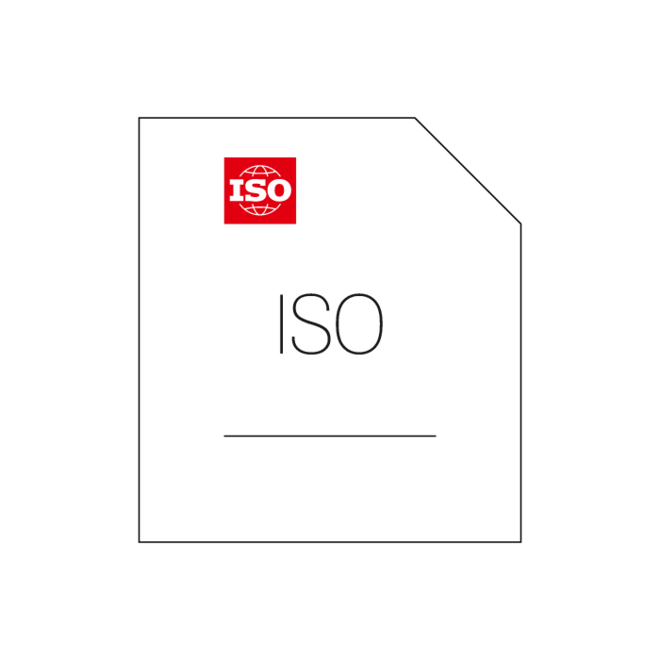

ISO 7779:2010
Issue date: 2010 07 29
Acoustics — Measurement of airborne noise emitted by information technology and telecommunications equipment
ISO 7779:2010 specifies procedures for measuring and reporting the noise emission of information technology and telecommunications equipment.
The basic emission quantity is the A-weighted sound power level which may be used for comparing equipment of the same type but from different manufacturers, or for comparing different equipment.
Three basic noise emission standards for determination of the sound power levels are specified in ISO 7779:2010 in order to avoid undue restriction on existing facilities and experience. ISO 3741 specifies comparison measurements in a reverberation test room; ISO 3744 and ISO 3745 specify measurements in an essentially free field over a reflecting plane. Any one of these three basic noise emission standards can be selected and used exclusively in accordance with ISO 7779:2010 when determining sound power levels of a machine.
The A-weighted sound power level is supplemented by the A-weighted emission sound pressure level determined at the operator position(s) or the bystander positions, based on basic noise emission standard ISO 11201. This sound pressure level is not a worker's immission rating level, but it can assist in identifying any potential problems that could cause annoyance, activity interference, or hearing damage to operators and bystanders.
Methods for determination of whether the noise emission includes prominent discrete tones or is impulsive in character are specified in annexes.
ISO 7779:2010 is suitable for type tests and provides methods for manufacturers and testing laboratories to obtain comparable results.
The methods specified in ISO 7779:2010 allow the determination of noise emission levels for a functional unit tested individually.
The procedures apply to equipment which emits broadband noise, narrowband noise and noise which contains discrete-frequency components, or impulsive noise.
The sound power and emission sound pressure levels obtained can serve noise emission declaration and comparison purposes (see ISO 9296).
If sound power levels obtained are determined for a number of functional units of the same production series, they can be used to determine a statistical value for that production series (see ISO 9296).


